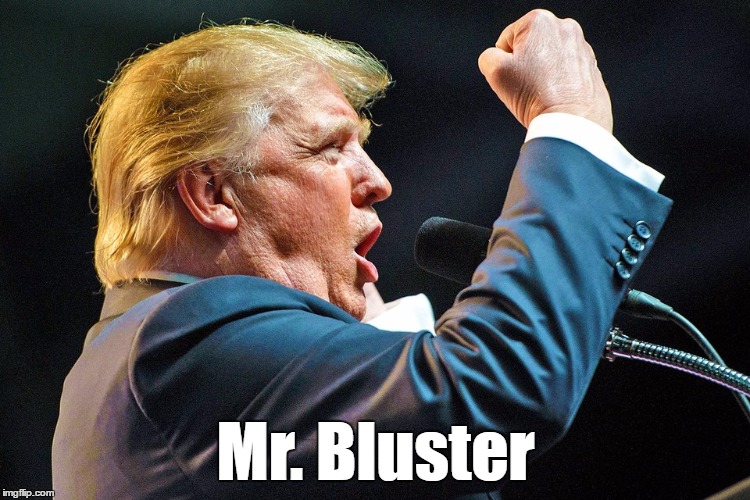
Donald Trump's big economic speech was a pivot to nowhere
James Pethokoukis, The Week
Maybe Donald Trump's big economic speech in Detroit on Monday was, finally, his long-awaited "pivot." Perhaps from now until Election Day, Trump will run a serious, ideas-based presidential campaign that focuses on why his policies are better for America than Hillary Clinton's. So long, "Crooked Hillary."
Maybe, but unlikely.
First, Trump has given no evidence of his willingness or ability to abstain from ugly personal attacks or childish insults. Unless the wealthy businessman is chained to a teleprompter for the next three months and banned from Twitter, Trump probably gonna' Trump. That's his shtick, and it's gotten him this far. Trump isn't ever going to be Jeb Bush, just like Carrot Top isn't ever going to be Jon Stewart.
Second, you can't run a serious, ideas-based presidential campaign if you don't have serious ideas that realistically address modern America's economic challenges. And Trump, for the most part, still doesn't. And that's unlikely to change — even with his new, financier-heavy "economic advisory council."
Here's why: The wealthy businessman has given three major speeches this summer outlining his economic views. And they've all been remarkably consistent in being centered on how trade has ruined America. Near Pittsburgh in June, Trump blamed trade and globalization for "moving our jobs, our wealth, and our factories to Mexico and overseas." At the Republican National Convention, Trump said his "different" economic vision "begins with a new, fair trade policy that protects our jobs and stands up to countries that cheat." And in that lengthy speech to the Detroit Economic Club on Monday, Trump blamed trade deals for the Motor City's decline: "The skyscrapers went up in Beijing, and in many other cities around the world, while the factories and neighborhoods crumbled in Detroit."
The heart of Trump-onomics remains his apparent belief — one he's consistently promoted since the 1980s — that trade and globalization are what's gone wrong with the American economy. If we would only tear up a half century's worth of trade deals, America's 1960s, manufacturing-heavy economy would somehow return.
Of course, even if it were possible turn the clock back on trade and globalization — not to mention technological progress — we really wouldn't want to. As a 2015 White House report noted, the reduction in U.S. tariffs since World War II has meant an additional $10,000 in income per average American household. And a recent survey of economists found hardly any that blamed badly negotiated trade deals for Rust Belt job losses.
Now not all American workers are trade winners — especially with China. But the bigger challenge going forward is dealing with a more automated economy. But Trump has had nothing to say about training workers for this new economy or helping those who lose out.
The newer Trump ideas are often no better than the old ones. During her RNC speech, Ivanka Trump spoke about the need for affordable child care in the United States. Her father followed through in Detroit, saying parents should be able to fully deduct the cost of child care spending from their taxes — which is great for folks who have lots of taxable income. Like, you know, Ivanka Trump. But what about all of Trump's working class supporters? Most lower-income families don't really have much taxable income, if any. Giving them a tax deduction for child care isn't much help. Team Trump says the plan would cost $20 billion a year, yet it would seem to exclude those with the most need. Yet even under his revised tax plan — it now costs $2 trillion over a decade rather than $10 trillion, assuming rapid economic growth — the richest Americans still get a large tax cut. And if that growth doesn't show up, most Americans would see little direct benefit. Maybe the only people guaranteed to benefit from Trump-onomics are the Trumps.
Of course, none of this may matter to hardcore Trump supporters. They often seem impervious to fact checking or data. Trump's appeal seems more visceral, and may have as much or more to do with cultural anxiety as economic. But recent polls suggest there may not be enough of them to put Trump in the Oval Office or even make this election particularly close. If so, the next Trump pivot will be back to Trump Tower, not to the White House.
No comments:
Post a Comment